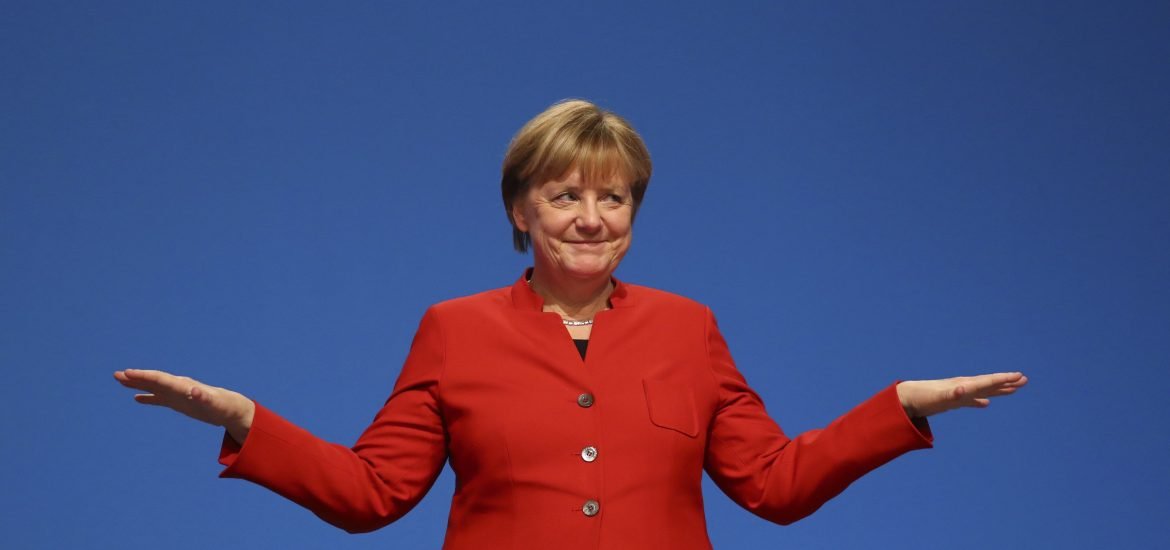
The negotiation partners in Germany’s ongoing coalition talks said the country could give up on the country’s climate targets for 2020.
Could Germany’s position as one of Europe’s green leaders be compromised? The two political camps currently in exploratory talks to form the next German government – Chancellor Angela Merkel’s CDU/CSU and the SPD – are considering postponing the country’s 2020 climate target. This self-imposed goal imposed a 40 percent greenhouse gas emissions reduction by 2020 compared to 1990 levels.
Germany is in a tough situation. It entered 2018 without having formed a new government. At the same time, it is torn between two commitments: increasing the quota of energy from renewable sources in its energy mix and giving up nuclear energy. Although Germany has made heavy investments in renewable energy, it has also been shutting zero-carbon nuclear power plants down since 2011. If it wants to burn fewer fossil fuels, it may have to restart those plants – a decision Angela Merkel seems very reluctant to make.
According to a leaked working group paper from the talks between Chancellor Angela Merkel’s conservatives and the Social Democrats, Germany is likely to miss the 2020 target by a wide margin, with emissions reductions in that year possibly ending up at around 32 percent. “Obviously, climate change mitigation is incompatible with burning coal”, notes Sebastian Scholz, head of energy and climate policy at the Nature and Biodiversity Conservation Union (NABU).
Angela Merkel, previously dubbed the “climate chancellor” for her strong diplomatic record on the issue, is under fire for giving up on her government’s goals. Experts described a draft coalition agreement deferring the goal as “disheartening”, “problematic” and “very weak”. “This damages the credibility of Germany but it also damages the whole international climate process,” said Tobias Austrup, an energy expert at Greenpeace. “Why should other countries stick to their climate goals if we don’t?”
Some commentators flew to Berlin’s rescue, calling the news a temporary setback and claiming the country could still maintain the 2030 target of a 55% emissions reduction versus 1990 levels. Others saw this delay as a bad omen: if a country with Germany’s technical and financial capacities said it can’t reach its climate goals, it’s not good news for the rest of the world.
This post is also available in: FR (FR)